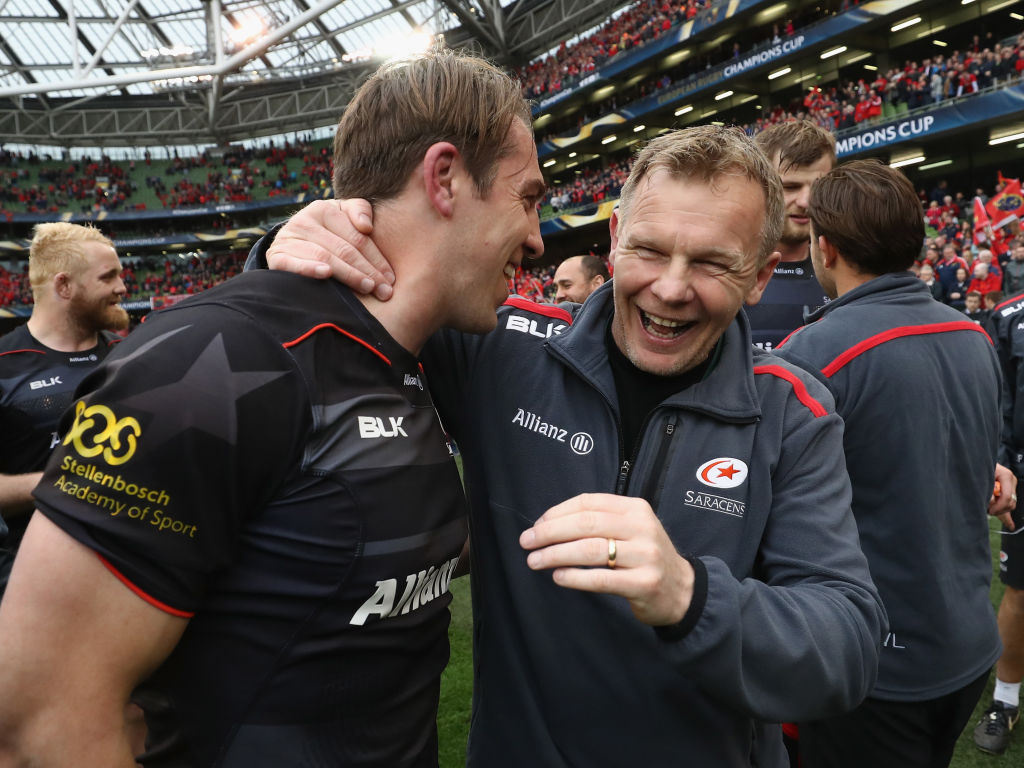
By Brendan Gallagher
IT DOESN’T seem that long ago that Mark McCall arrived at Saracens as the first team coach but remarkably the Ulsterman will be starting his tenth season with Sarries when they run out at Newcastle this afternoon and what an extraordinary chapter that has been in the club’s history. With power to add.
The self-effacing McCall rarely gets the credit and kudos he deserves – not that he courts either – but is immensely respected and liked around the Premiership which is quite an accolade given the dog eat dog nature of sport and the natural tendency to try and rubbish perennial winners such as Saracens.
It was Brendan Venter – a shrewd judge of rugby talent and then the Saracens DOR – who recognised something special in McCall and asked him to move from Castres and become the first team coach for the start of the 2009-10 season.
Saracens had finished a lowly ninth the previous season and a dangerous mood of decline had begun to set in which matched their Vicarage road ground with its derelict, echoing, stand.
Turning to McCall was a prescient call from Venter because his new appointment had endured mixed fortunes in his coaching career up to that point and wasn’t necessarily the obvious choice.
At Ulster McCall had initially taken them to a Celtic league title – a run which had seen various Ulster players catapulted into the Test arena – but within 18 months of that highpoint Ulster had plunged to bottom of the league and McCall was on his way.
It was that often-forgotten spell at Castres – in tandem with his old Ulster mate Jeremy Davidson – that was possibly the making of McCall. Licking his wounds after it had gone wrong at Ulster, it was a brave move but it paid off.
Back then Castres were broke by T14 standards, their ground was falling to bits and the club were considered an unfashionable small town minnow on the brink of going under. Somehow the Ulster combo guided them to fifth place, a considerable achievement. It barely caused a ripple this side of the pond but Venter had clocked it and was soon on the phone. What had he seen?
Given the circumstances and relative lack of player resources such a strong season by Castres could only be achieved by getting the right group mindset, good coaching, maximising the players potential and demanding some kind of consistency. It is a template that has served McCall very well at Saracens.
Initially that was purely in his role as first team coach but when the ubiquitous Venter – always a busy man and juggling all kinds of balls often in different countries at the same time – stepped aside in 2011 McCall assumed responsibility for everything as director of rugby.
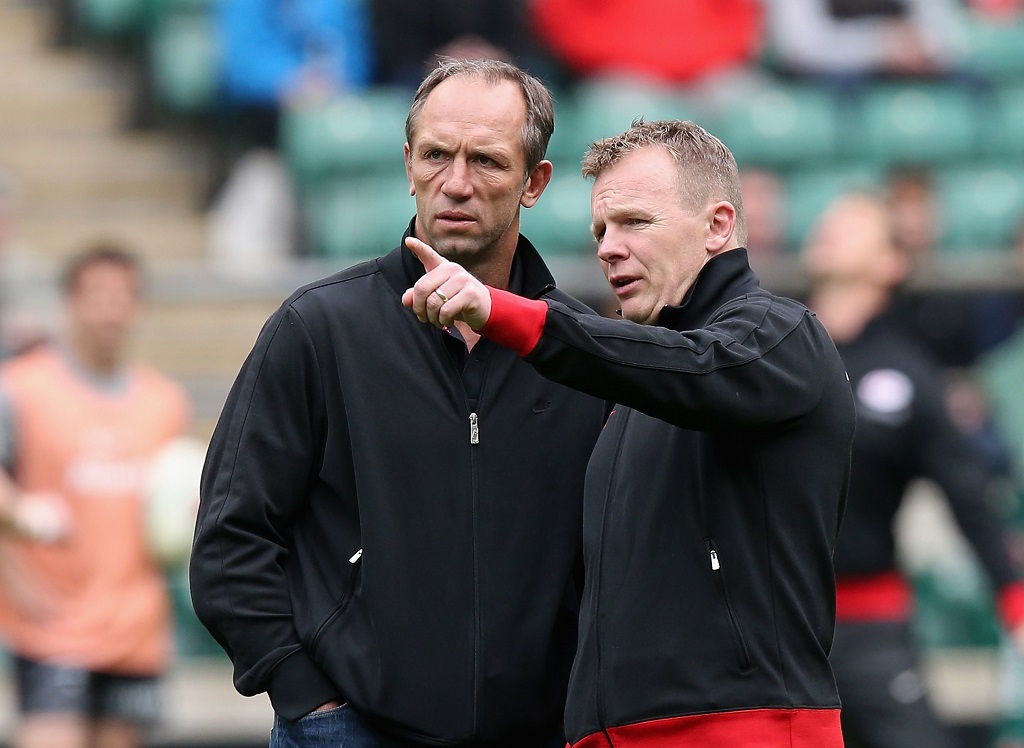
(Photo: David Rogers/Getty Images)
‘Assuming responsibility’ comes with a twist though for McCall. One of the characteristics of his time in charge has been his willingness to delegate and trust his young coaching assistants – almost to a man ambitious young English coaches. Paul Gustard, Alex Sanderson, Kevin Sorrell, Ian Peel, Joe Shaw and others.
Over the years he seems to have got the balance just right between giving his coaches individual responsibility but stepping in and offering guidance when it’s needed and is helpful. It is possibly his greatest coaching skill. Gustard, who progressed to England duties and is now the main man at Quins, remembers his coaching apprenticeship fondly
“The first thing about Mark, regardless of any rugby considerations, is that he a thoroughly good human being who automatically commands respect because of that. It is impossible not to like Mark and give it your very best shot for him.
“As a coach what he did for me and for others at Sarries was give us our own space and the chance to develop even if that meant making a few mistakes on the way. It was a fantastic time at Saracens with him, I was very lucky.
“He’s always on an even keel, in victory and defeat. He’s very good at monitoring standards and performance on the pitch and dealing with off the pitch stuff. He is just totally on top of the job all the time.”
There was a time when, if you were trying to work anywhere near McCall and the youthful Saracens coaching staff alongside you in the stand you needed earmuffs such was the deafening racket from their seats as they cleared their throats. Passionate doesn’t begin to do it justice.
I always assumed that McCall’s hoarse sounding voice after the match was directly connected but, no, that is natural. What was also obvious though was that after the departure of Venter, McCall quickly learned to leave the frenzy of the match behind in the stands. At the Press conferences afterwards he was always considered, fair, quiet, objective.
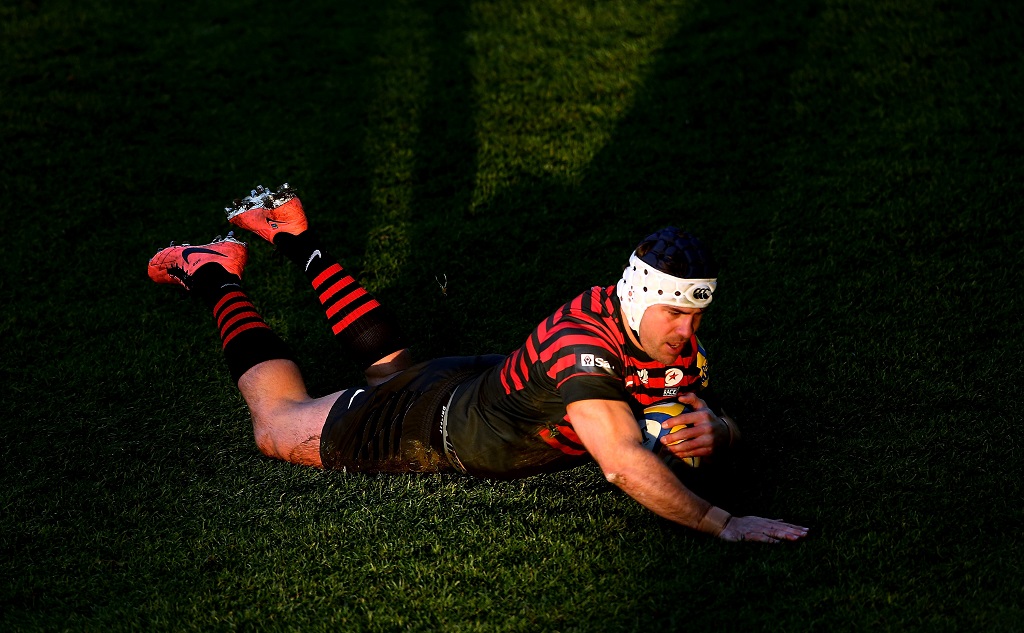
(Photo: Scott Heavey/Getty Images)
South Africa hooker Schalk Brits also offers a fascinating insight to his modus operandi.
“Where do you start with Mark? I owe him so much. He creates the rugby environment where rugby players of all ages and experience can flourish. Somehow it’s never work with Saracens with Mark in charge, it’s always fun, even the tough times. He is the type of guy who always kept out of the limelight when we were winning trophies, taking none of the credit – but would step forward and take all the flak and criticism when we lost or hit a really bad patch like we did last year. Players will always go the extra yard for a coach like that.
“He is excellent technically but I suppose you could say that about a number of coaches. For me what sets Mark apart is two things. First he somehow finds the time to set up and monitor individual performance programmes for every single player – everybody gets that personal attention and that includes off the field issues. That’s an incredible work load but he makes light of it.
“And second I’ve always appreciated the way he and his coaching team talk entirely as one, in the build up to matches. They are a close knit unit who bury themselves for us. They do their homework, make their plans, have their early morning meetings and then when it comes to training the message is always clear and consistent. Believe me that doesn’t always happen at rugby clubs.
“I got a fair number of incredibly attractive offers from other clubs during my nine years at Sarries but I never contemplated leaving. Contrary to what you might sometimes read many Saracens players sign or re-sign at under market value simply because they so badly want to be part of the club. Money isn’t everything when winning is your motivation.
Rob Baxter, whose Chiefs side have been contesting the issue with Saracens on a regular basis, has nothing but respect for his opposite number.
“As a fellow coach what you notice first is how he handles the emotional level at Saracens and keeps thing real when things are going very well – when it would be easy to get carried away – or the flip side when there is a bit of a dip.
“One of the trickiest parts of this job is judging that emotional level within your squad, where they are mentally and, given that, what’s the best way forward. Whether to raise the intensity a little or whether to back off. Whether a problem is long term or just a blip.
“He is obviously brilliant at that. You only ever get consistency if you can recognise and deal with that emotional level.
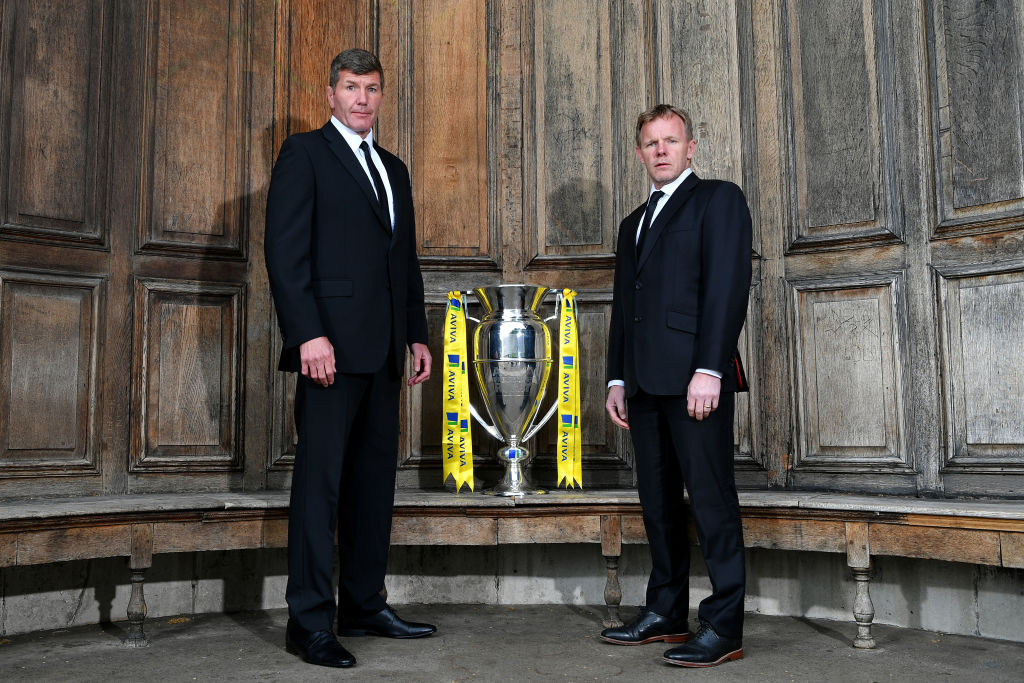
(Photo: Dan Mullan/Getty Images for Premiership Rugby)
“There isn’t much time after games these days but we always try to have a quick word as well as a handshake. Its always very friendly and honest.
“When Saracens have beaten us they have always been worthy winners and vice versa. In fact in rugby generally you very rarely lose a game you didn’t in truth deserve to lose – and with my DOR hat on, there has always been something to admire in their play or one or two little ploys Mark and his coaches have come up with.
“We are in the same job trying to achieve the same thing. We know the score, as do all directors of rugby.”
Clive Woodward, who has been a guest and observer at Saracens training, is another admirer.
“It goes without saying that Mark is a talented coach but he’s an incredibly hard worker who sets the tone and misses nothing and has earned total respect within the group.
“It’s very telling how key players have stayed with the club – the likes of Alex Goode, Brad Barritt, Owen Farrell – when there would undoubtedly be enticing offers elsewhere. They know the grass is not greener, that they will not get a better rugby or club environment in which to work. And that continuity of highly motivated players will always help a side
“And have you noticed how those of mature years extended their careers significantly under Mark beyond what you might expect – and in some cases became even better players. Chris Wyles, Jacques Burger, Schalk Brits, Schalk Burger, Charlie Hodgson, Neil de Kock and others. They are or were very reluctant to retire and leave that environment. David Strettle has lept at the chance of coming back for a second spell. Much of that is down to Mark and his approach.”
Given his record of Premier Championships and European success and the ability to work with and motivate elite players inevitably there has been speculation on whether he might be tempted to take over a national side.
If you play the ‘what if’ game with England at present – and don’t think for a minute that the RFU haven’t don’t a bit of scenario painting – McCall’s name surely has to figure prominently if it all went truly pear-shaped this Autumn and England needed to head in another direction.
And after every World Cup there are always casualties among the coaches who were perceived as having presided over a failure. There will be offers and approaches.
Woodward again: “I’m assuming – I don’t know – that he is pretty much the top of the hit list for Test sides when they look around.
“The skillset is not exactly the same – it’s not a given that a great club coach automatically becomes a great Test coach – but I haven’t the slightest doubt that Mark would make the transition seamlessly if and when that moment ever comes.”
In the meantime he continues to set the benchmark among the Premiership coaches.
On McCall’s watch
2009-10: Regular season: 3rd. Premiership Play-offs: Runners up losing 32-27 to Leicester Tigers. Europe: European Challenge Cup semi-finalists, losing 16-13 to Newcastle Falcons in the semi-final.
2010-2011: Regular season: 2nd. Play-offs: Champions beating Tigers 22-18 in the Final. Heineken Cup: Finished bottom, with just one win, of a Pool including Leinster, Clermont, Racing.
2011-2012: Regular season: 3rd. Play-offs: Lost 24-15 to Tigers in the semi-final. Heineken Cup: Reached the quarter-finals where they lost 22-3 to Clermont.
2012-13: Regular season: 1st. Play-offs: Lost 27-13 in the semi-finals at home to Saints. Heineken Cup: Quarter-final win over Ulster but lost 24-12 at home to Toulon in the semi-final
2013-14: Regular season: 1st. Play-offs : Lost to Northampton in the semi-final. Heineken Cup: Runners up losing 24-12 to Toulon in the final having beaten Clermont 46-6 in the semi-final Twickenham
2014-15: Regular season: 4th. Play-offs: Champions beating Bath in the Final. Heineken Cup: Beat Racing 12-11 in their quarter-final but then lost 13-9 to Clermont in the semi-final.
2015-16: Regular season: 1st. Play-offs: Champions beating Exeter 28-20 in the final after thrashing Tigers 4-17 in the semi-final. European Champions Cup: Champions, beating Racing 21-9 in the final.
2016-17: Regular season: 3rd. Play-offs: Runners up losing 18-16 at Exeter in the semi-finals. Champions Cup: Champions beating Clermont 28-17 in the final.
2017-18: Regular season: 2nd. Play-offs: Champions, beating Exeter 27-10 in the final having defeated Wasps 57-33 in the semi-final. Champions Cup: Quarter-finals, losing 30-19 at Leinster.




















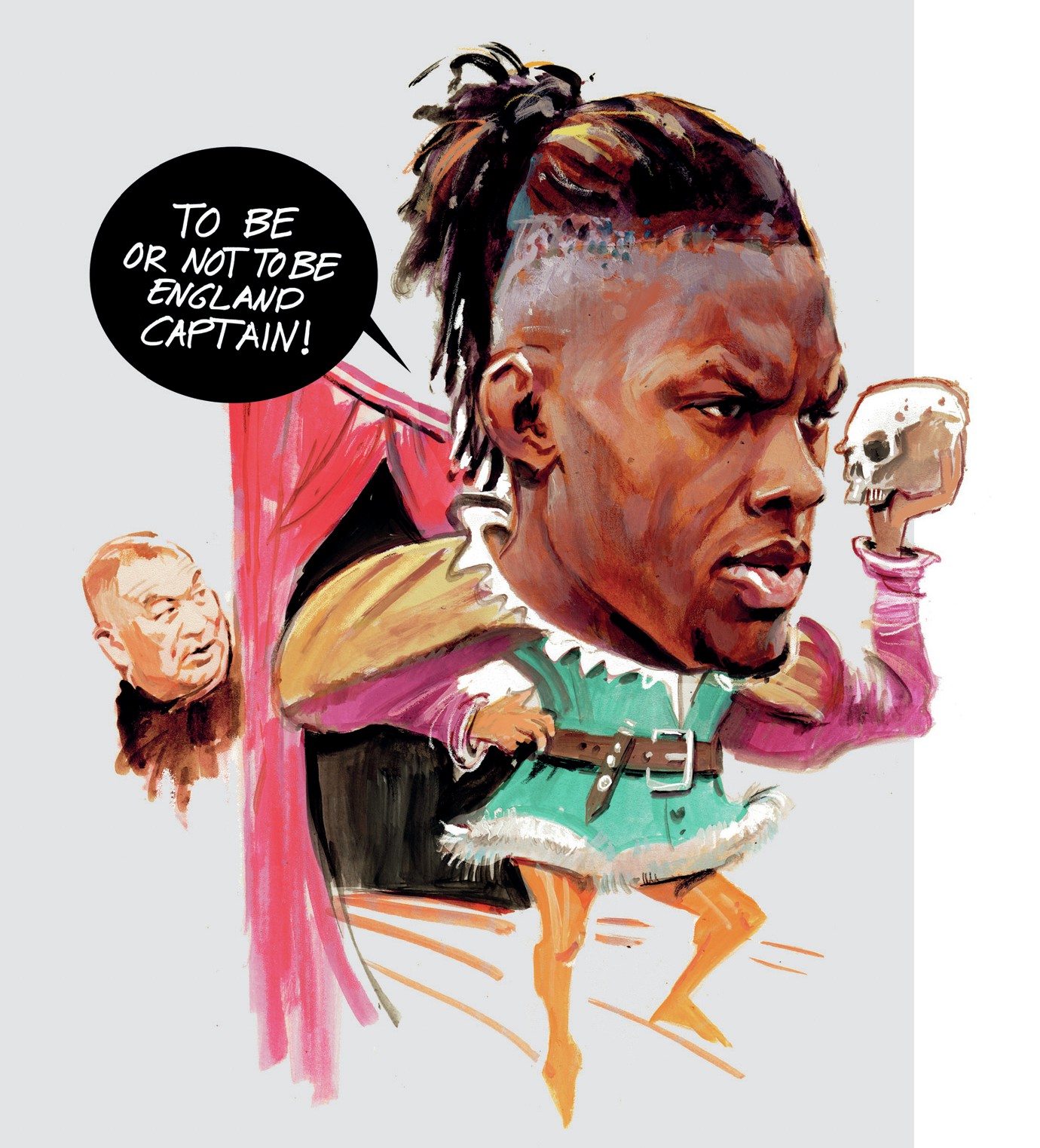
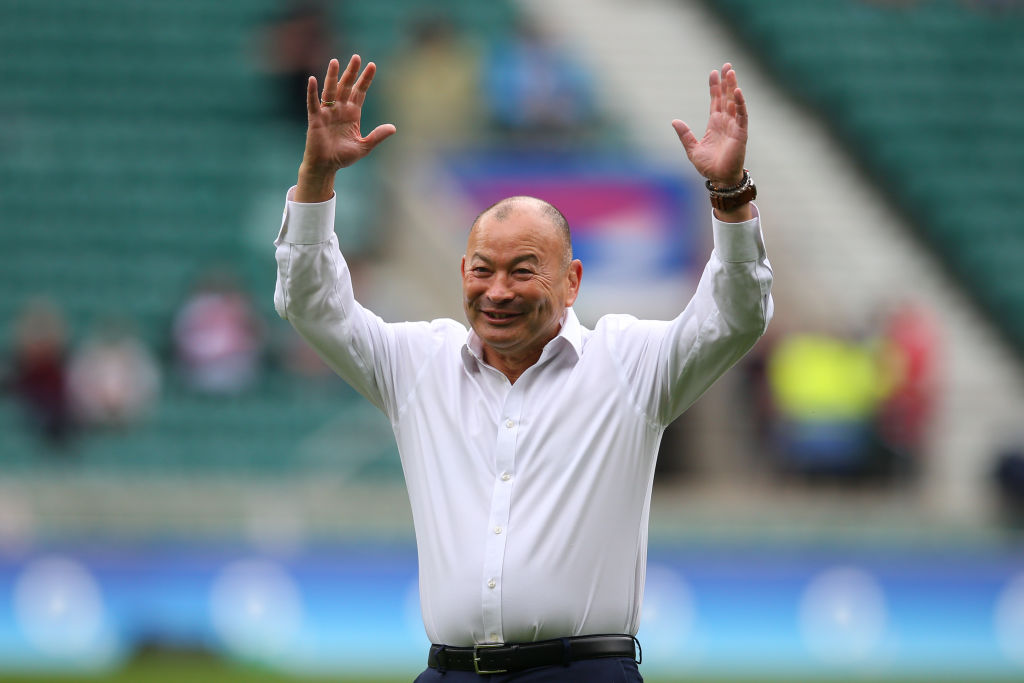
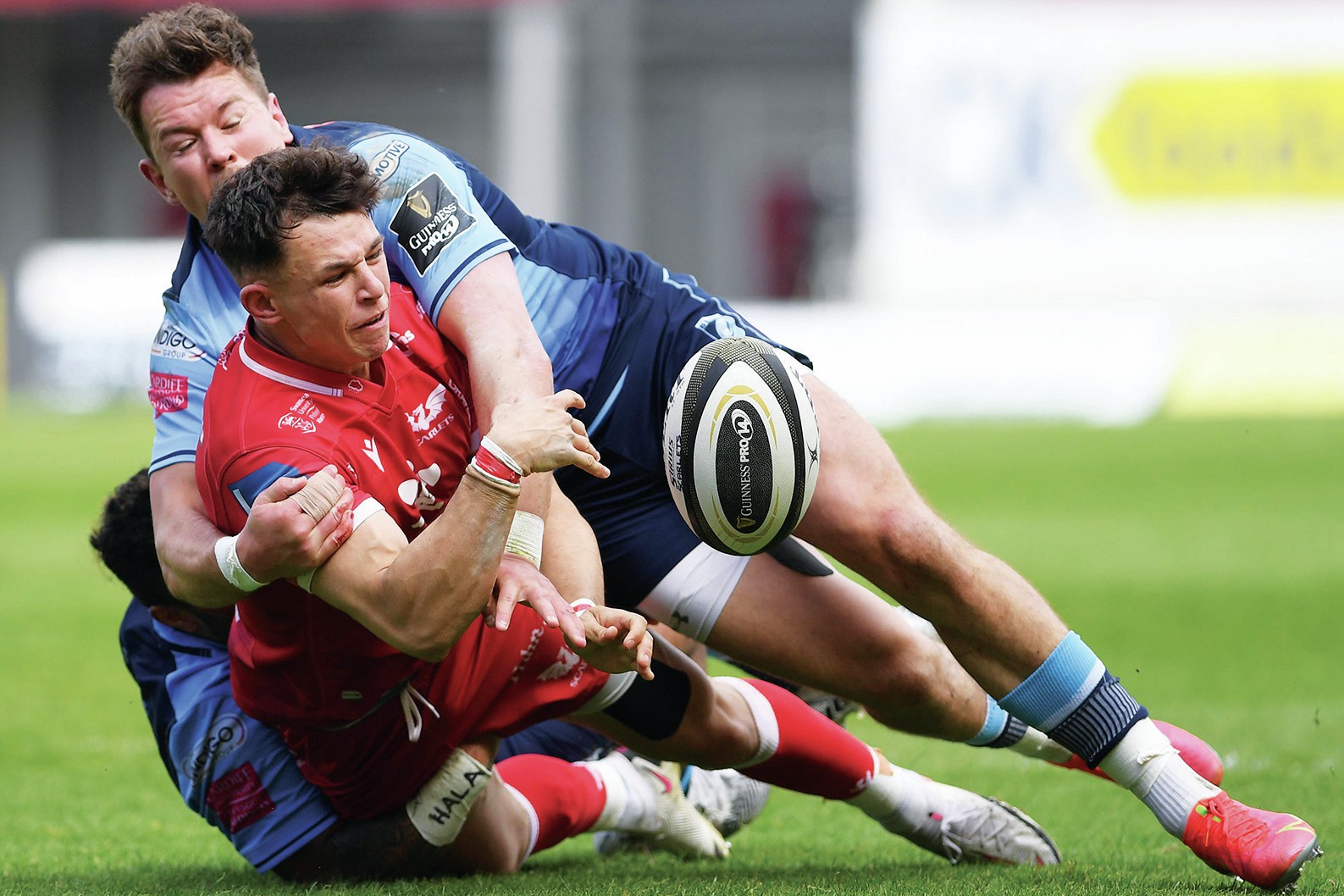
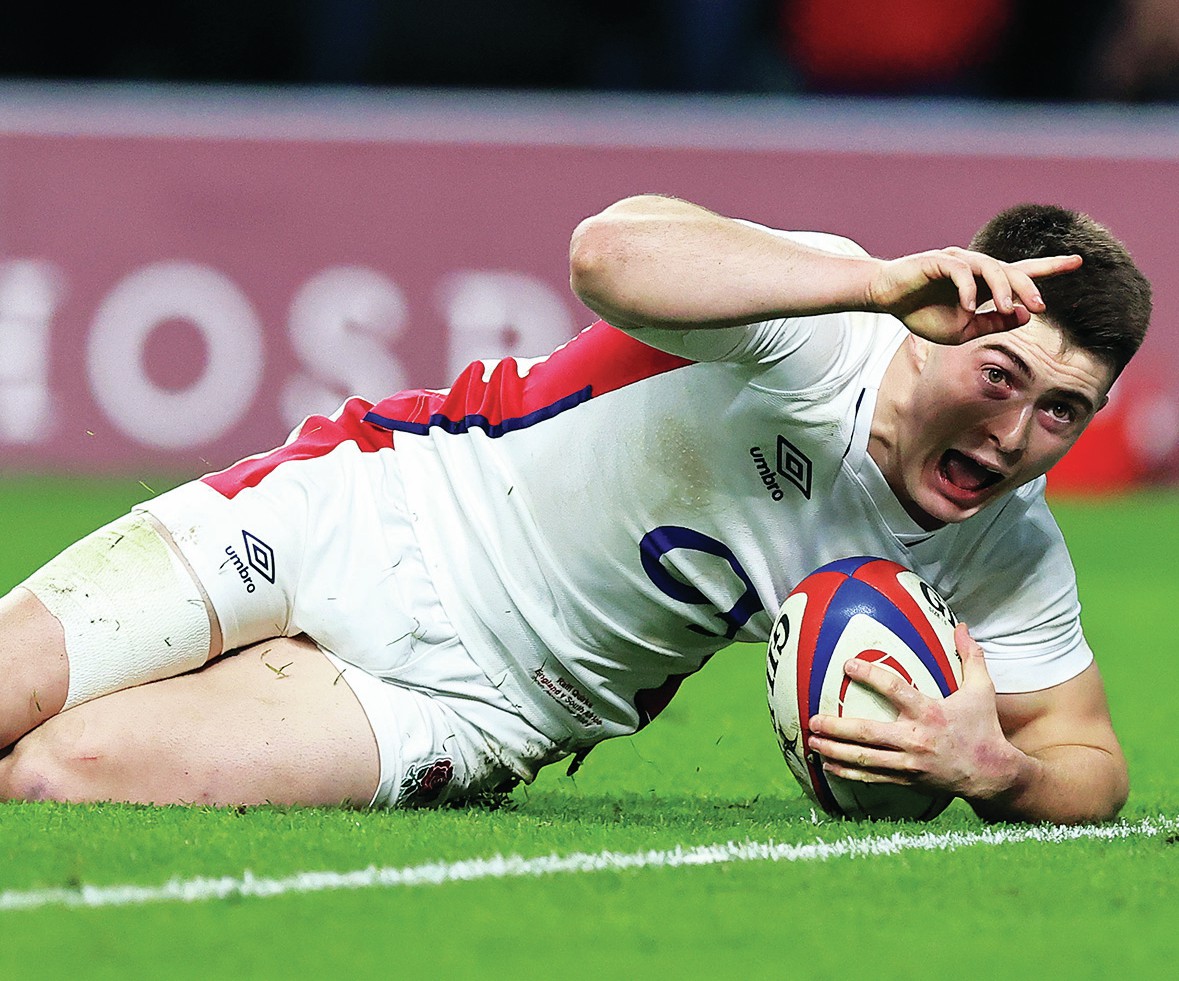
You must be logged in to post a comment Login